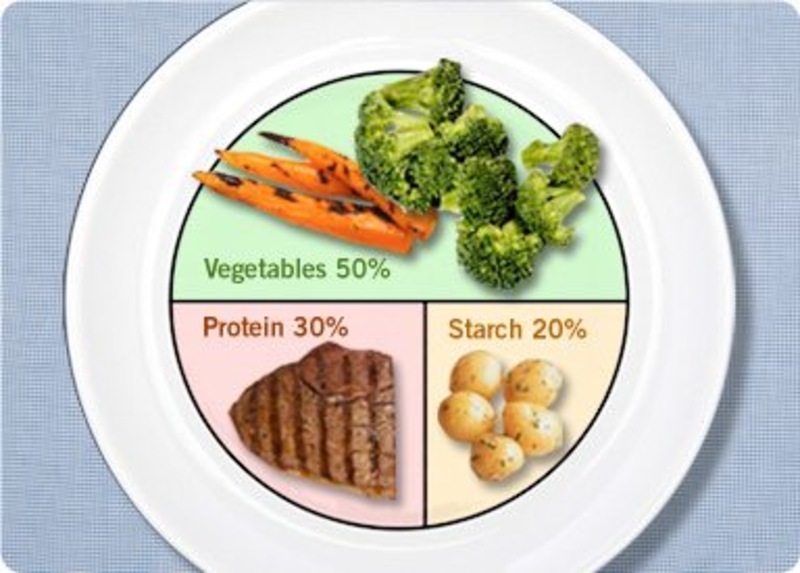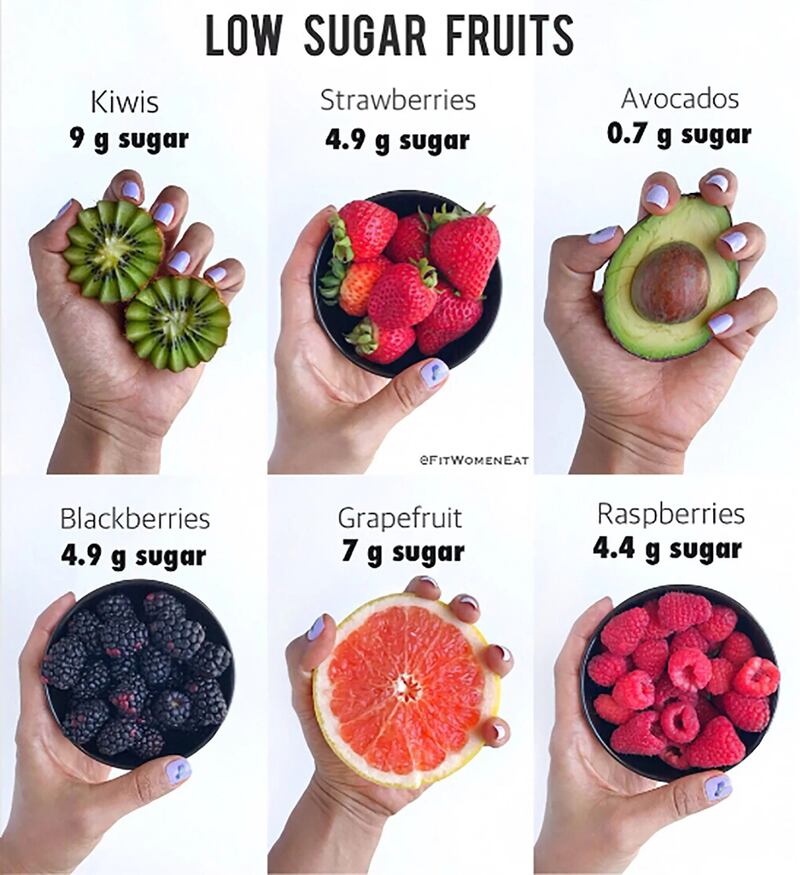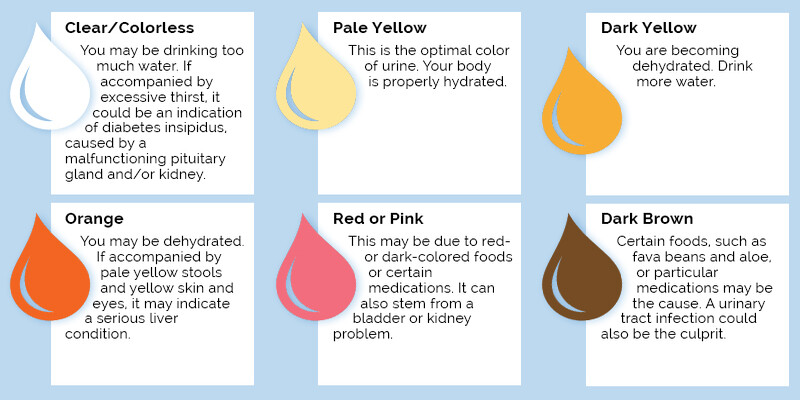Individuals with diabetes often must carefully consider their lifestyle choices, particularly regarding fasting, a subject of special significance. Fasting for those living with diabetes can prove challenging as one must balance spiritual or health benefits against the critical need for stable blood sugar levels. In this comprehensive guide, our exploration will venture deep into the complexities of fasting while managing diabetes. We shall also discuss its effects on blood glucose, provide strategies to handle diabetes during periods of abstinence from food and drink, and examine potential risks inherent in such practices.
Understanding Diabetes and Fasting
People with diabetes must abstain from food and, at times, fluids for a specific period when they fast. Fasting is a prevalent practice during religious observances or within particular diets. Nevertheless, individuals living with diabetes require an intricate strategy due to the complex relationship between fasting and blood sugar levels.
People diagnosed with diabetes frequently encounter difficulties in stabilizing their blood glucose levels. These challenges can intensify when they fast, as the body's reaction to reduced food intake might cause fluctuations in blood sugar. Those suffering from diabetes must comprehend the impact of fasting on their condition and institute essential precautions accordingly.
Tips for Fasting with Diabetes
- Monitor Blood Sugar Levels Regularly:
To comprehend the impact of fasting on blood sugar levels, you must conduct regular monitoring. Before, during, and after fasting periods, careful observation is necessary to recognize patterns and thereby formulate informed decisions.
- Consult Your Healthcare Team:
Consult with your healthcare provider before embarking on any fasting regimen. They can provide personalized advice, tailored to your specific needs for managing diabetes.
- Choose the Right Type of Fast:
Intermittent fasting and extended fasting, are two of the various methods that exist. Choose a method that merges with your health goals, one you can manage in terms of diabetes control.
- Time Your Meals Thoughtfully:
Strategically plan your pre-fast and post-fast meals: Ensure the incorporation of a well-balanced mix--including carbohydrates, proteins, and fats; this will sustain you throughout the fasting period.
- Emphasize Low-Glycemic Foods:
Concentrate on the consumption of low-glycemic foods such as whole grains, legumes, and non-starchy vegetables. These choices have a gradual impact on your blood sugar. By opting for these options, you can promote more stable glucose levels.
- Be Mindful of Portion Sizes:
To avoid overeating during non-fasting periods, practice portion control. Opt for smaller and well-distributed meals. This strategy not only manages blood sugar levels but also prevents drastic spikes or crashes which is a crucial aspect of maintaining overall health.

- Consider the Timing of Medications:
Ensure you coordinate the timing of your diabetes medications with your healthcare provider. Aligning medication schedules to your fasting and eating windows is crucial for maintaining consistent blood sugar control.
- Stay Active within Your Limits:
During non-fasting periods, actively engage in moderate physical activity. This practice enhances insulin sensitivity and improves blood sugar regulation. However, always remain aware of your energy levels.
- Identify Signs of Trouble:
Acquaint yourself with the symptoms of hypo or hyperglycemia. Promptly address any concerning indications, and ensure you have an emergency plan in place.
- Break Your Fast Gradually:
Opt for a balanced, nutrient-dense meal to break your fast rather than indulging in an excessively large or sugary dish. This choice will effectively ease your body back into regular nutritional intake.
Managing Diabetes During Fasting
This section delves into the critical strategies of managing diabetes during fasting effectively, emphasizing a need for a multi-faceted approach.
Balanced Nutrition is Key
Incorporate complex carbohydrates, lean proteins, and healthy fats into your balanced meal before the fasting period. This practice aids in providing sustained energy. Moreover, it can reduce fluctuations in blood sugar levels.
- Plan Nutrient-Rich Pre-Fasting Snacks:
To maintain energy levels in your pre-fasting preparation, choose nutrient-rich snacks. These should ideally contain a mix of fiber, healthy fats, and protein to sustain you during the fasting period.
- Embrace Fiber-Rich Foods:
In your pre-fasting meals and snacks, prioritize the consumption of fiber-rich foods. Whole grains, vegetables, and legumes actively contribute to digestive health. Furthermore, they can aid in managing blood sugar levels.
- Include Low-Sugar Fruits:
Assemble your pre-fasting meal or snacks from a selection of low-sugar fruits like berries, apples, and pears. These provide natural sweetness without inducing rapid spikes in blood sugar levels.

- Mindful Pre-Fasting Hydration:
Ensure proper hydration by consuming sufficient water before initiating the fasting period, as this often requires abstaining from food and fluids.
To support muscle maintenance, ensure your pre-fasting meal includes lean protein sources. These not only aid in satiety but also contribute to stable blood sugar levels during the fasting period.
In your pre-fasting meal, incorporate sources of healthy fats such as avocados, nuts, or olive oil. These contribute to feelings of fullness and they can sustain energy throughout the fasting period.
- Consider Pre-Fasting Supplements:
Before fasting, consult your healthcare provider. They can advise on the potential benefits of taking supplements. Fasting may create nutrient gaps. However, specific vitamins and minerals could bolster overall health. This is a vital compensation strategy.
- Mind Your Caffeine Intake:
Exercise mindfulness in your consumption of caffeinated beverages; excessive intake can potentially induce dehydration. Therefore, moderating your consumption is crucial for maintaining optimal hydration levels.
Potential Risks and How to Mitigate Them
Individuals managing diabetes can handle fasting, yet they must remain cognizant of potential risks and actively work to mitigate them.
- Hypoglycemia Risk:
Fasting can increase the risk of hypoglycemia (low blood sugar). Post-fasting periods, carry glucose tablets or snacks to address low blood sugar levels promptly.
- Dehydration Concerns:
Inadequate fluid intake during fasting may lead to dehydration. Prioritize hydration and avoid excessive consumption of caffeinated beverages during your fasting days, which can contribute to dehydration.
Conclusion
Concluding, individuals with diabetes must meticulously plan and consider fasting. Understanding the impact of fasting on blood sugar levels, and implementing effective management strategies while remaining aware of potential risks allows them to participate in fasts without compromising their health priorities.
Individual responses to fasting can vary. What works for one person may not suit another. Therefore, it is imperative to always consult your healthcare team. They will tailor your fasting practices to meet your unique needs, ensuring a safe and supportive approach to managing diabetes during fasts.







